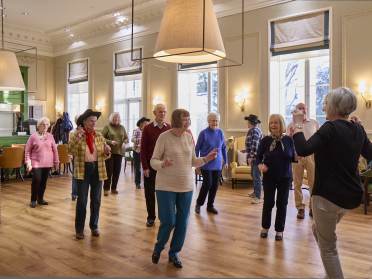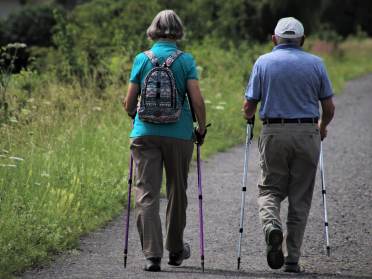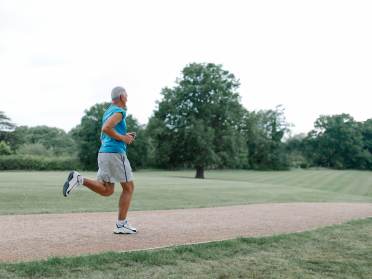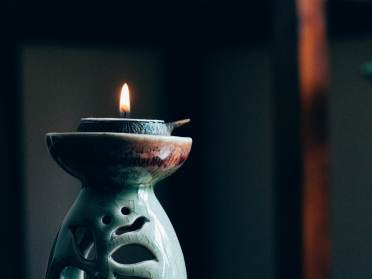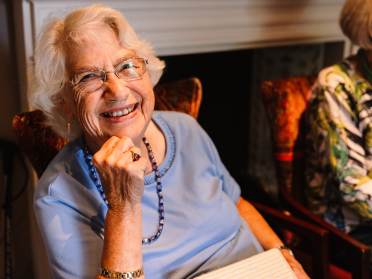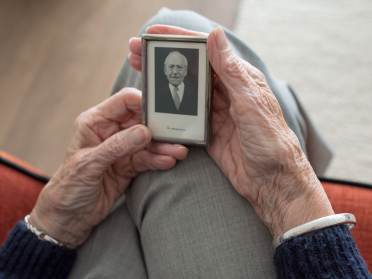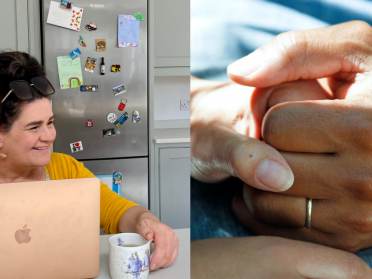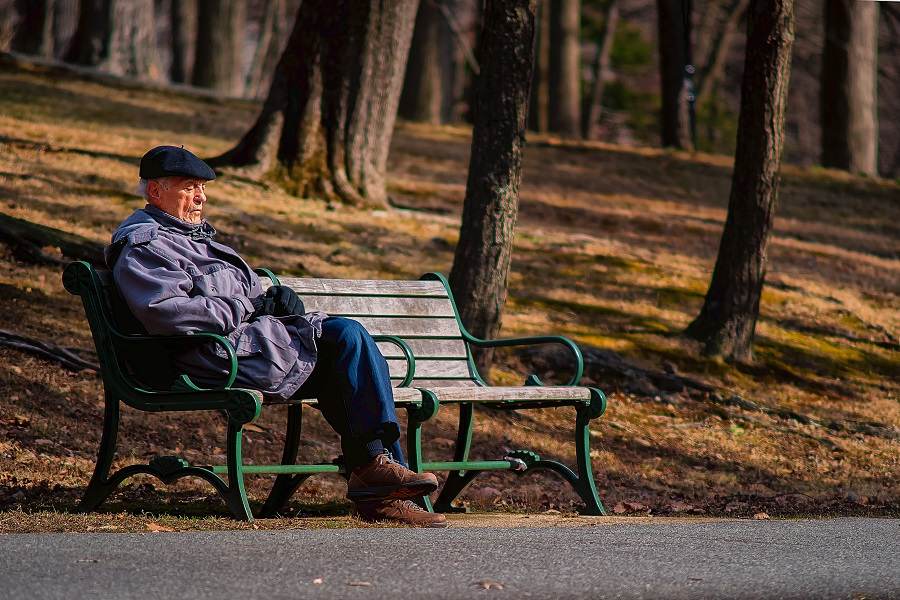
Retirement is often regarded as a happy and fulfilling time of life, a chance to engage in all the things busy earlier life rarely gave a person time for, but it also can be a time of loneliness and isolation, and that’s without taking into consideration anything happening in wider society.
There are not many instances in a person’s life whereby isolation is a forced state of lifestyle for a period of time, but following the global outbreak of Covid-19 (Coronavirus) this was, and continues to be, reality for many. As the UK manages the process of easing itself out of lockdown restrictions, further safety measures continue to be in place to keep the elderly safe.
Regardless to what circumstances might be enforcing a period of loneliness and isolation, which may only be temporary, it is important for a person’s mental health to try and find ways to combat these feelings, particularly for those in later life.
How to combat loneliness and isolation
Try to maintain a daily routine – When feeling lonely and isolated, it can be easy to succumb to feeling depressed and that can often lead to an unwillingness to remain motivated for anything. By trying to stick to a daily routine of getting up at a similar time each day, showering, getting dressed etc. a person is forced to keep active and the mind distracted.
Learn how to stay safe at home - When an older person lives alone, maybe for the first time in their lives, it not only requires a change in habits, but suddenly many things can feel intimidating and sometimes even frightening. Unexpected people at the door and organised crime targeting older people with scams are just a couple of examples family and friends can feel stressed about their older relatives.
But there are a number of steps that can be taken to feel safe when living alone.

Learn to use the internet - There’s a lot of truth in certain circumstances when it comes to keeping up with the kids, but a lot of what young people are into can significantly help older people keep connected to family and wider society.
The internet is a lifeline to people, services and information and while the proportion of older people online has risen in the last decade, people aged 65 and over are significantly less likely to use the internet.
In times of loneliness and isolation, understanding how to access and navigate the internet, relevant social media platforms and local interest communities becomes a necessary skill and something that can provide a person with somewhere to reach out to.
Conversation - It doesn’t matter if it’s face-to-face, over the telephone, or online, access to conversation is the number one lifeline for older people feeling lonely and isolated. Here are a few suggestions:

- A local coffee morning can be a good excuse to leave the house and meet with others over a hot drink and a slice of cake.
- Charities such as Age UK and Independent Age have several helpful resources to access.
- Neighbourhood watch – are there other older people living alone near you? Maybe you could agree a set day in the week to check in on each other.
- Calling friends and family
- Get to know staff in your local convenience shop, sometimes a “good morning” to somebody when buying your essentials can help lift spirits.
We have shared a lot more content about health and wellbeing over on Audley Stories

